
Syrian Rebels Topple President Assad Amid Rapid Offensive
Syrian President Bashar al-Assad has been ousted by rebel forces after a swift offensive that, in just under two weeks, saw major cities fall, culminating in the capture of the capital, Damascus, on Sunday. The unexpected collapse of Assad’s regime marks a dramatic shift in Syria’s decade-long civil war, which has claimed over half a million lives and left the nation in ruins.
Assad’s military, once a formidable force, has been significantly hollowed out over the years. Attrition due to casualties, defections, and draft evasion drastically reduced its strength, leaving it unable to mount effective resistance.
Reports from the Syrian Observatory for Human Rights indicate that soldiers abandoned positions across the country during the rebel advance. Analysts highlight the army’s deteriorating morale and financial struggles, with many soldiers resorting to looting to survive. A recent 50% pay hike for soldiers came too late to make a difference amid the country’s economic collapse.
Assad’s reliance on allies like Russia and Iran proved precarious. Russia, preoccupied with its ongoing war in Ukraine, failed to provide decisive air support against the rebel offensive. Similarly, Iran, stretched thin by its confrontations with Israel, could not sustain its military backing.
Nick Heras of the New Lines Institute noted, “Assad’s survival hinged on his allies. With Russia and Iran focused on their broader regional agendas, Assad’s position became untenable.”
Lebanese militant group Hezbollah, a key supporter of Assad, withdrew many of its fighters from Syria to counter escalating hostilities with Israel. Losses in personnel and leadership, including the death of Hezbollah’s chief Hassan Nasrallah, further eroded its ability to bolster Assad’s regime.
Israeli Prime Minister Benjamin Netanyahu attributed Assad’s downfall to the “blows inflicted on Iran and Hezbollah,” asserting that their weakened presence left Assad vulnerable.
Rebel forces, led by Islamist leader Abu Mohammed al-Jolani, launched a well-coordinated offensive. Jolani’s efforts to centralize the rebellion and build institutions played a pivotal role in their success.
Aron Lund, a fellow at Century International, emphasized that the rebels capitalized on the regime’s fragility, stating, “The main factor was Assad’s weakening grip on power, exacerbated by reduced international support.”
Assad’s ousting ends over two decades of his rule and comes more than a decade after protests against his government sparked a brutal civil war. The rebel victory introduces a new phase of uncertainty for Syria, raising questions about governance, stability, and the future of international involvement in the region.
As Damascus adjusts to its new reality, the international community watches closely, with Assad’s fall signaling a dramatic reshaping of Syria’s political and military landscape.
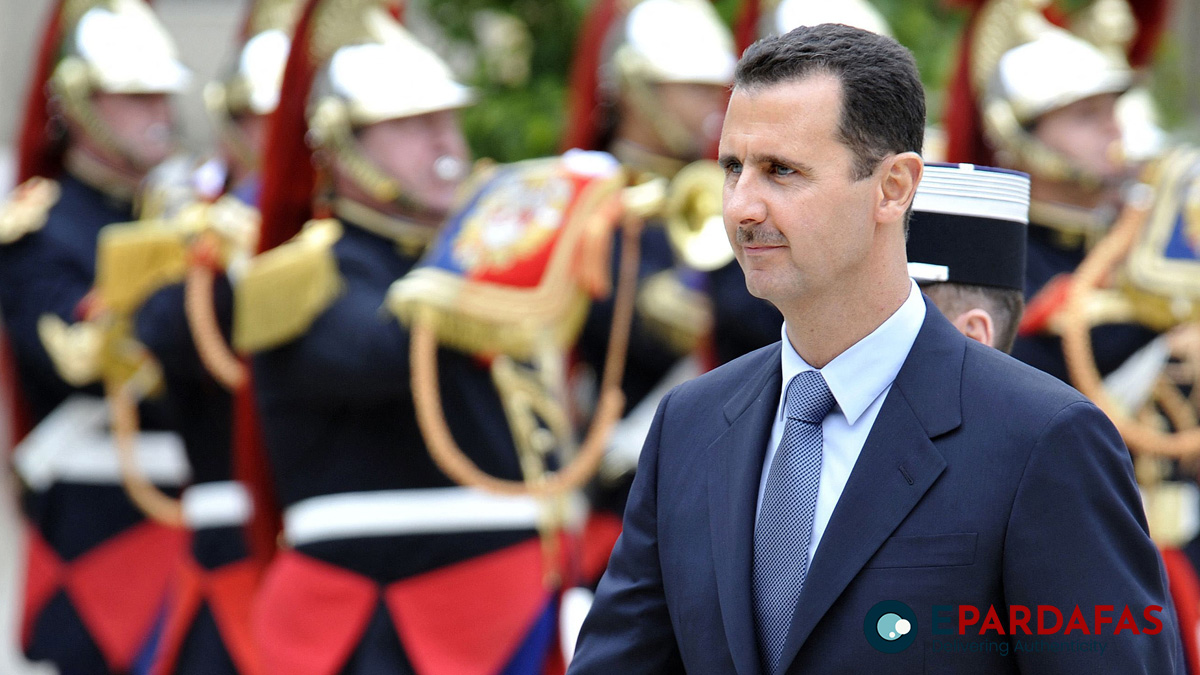


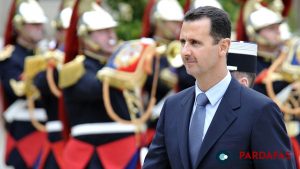
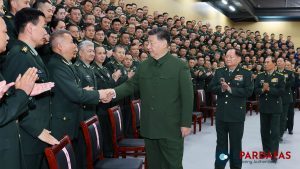
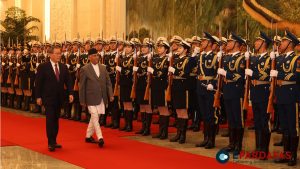





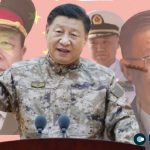

Comments